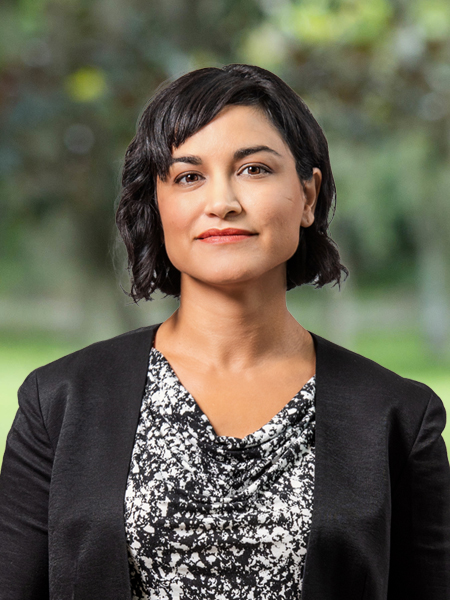Dr. Aysegul Gunduz, professor and Fixel Brain Mapping Professor, has been named a 2024 Biomedical Engineering Society (BMES) Fellow. The Fellow grade of membership is a prestigious honor recognizing outstanding achievement in biomedical engineering. Fellows have demonstrated impactful achievements and made significant contributions to the biomedical engineering community and to BMES. They are active leaders in the profession and within the Society. Gunduz is one of 12 inductees into the 2024 BMES Class of Fellows. BMES will honor this year’s class of fellows during the society’s annual conference in Baltimore, Maryland, on October 24.
Gunduz leads the Brain Mapping Laboratory, where her research focuses on understanding the neural networks that orchestrate interactions with the external world and how neurological and psychiatric disorders disrupt these networks. Her team studies the precursors to behavior and the aftereffects of stimulation in these networks using electrophysiology and bioimaging. Their goal is to translate this knowledge into clinical diagnostic and therapeutic systems to improve the quality of life for individuals suffering from neurological disorders.
The Brain Mapping Lab works with neurosurgical patients who have epilepsy and movement disorders, such as Tourette syndrome, Parkinson’s disease, and essential tremor, as well as stroke patients undergoing neurorehabilitation. The integration of behavioral neuroscience, clinical physiology, and biosignal processing is critical to the lab’s translational research efforts.
“Our work is driven by a desire to improve the lives of patients with neurological disorders,” Gunduz said. “Being named a BMES Fellow is an incredible honor, and it underscores the importance of translating scientific discoveries into meaningful clinical applications. I’m grateful to my team and collaborators who make this work possible.”
Gunduz was selected for her groundbreaking research in brain mapping, as well as her leadership and service to BMES. Her innovative approach, sitting at the nexus of behavioral neuroscience, clinical physiology, and biosignal processing, is driving the development of new therapeutic systems for neurological conditions.
Congratulations, Dr. Gunduz!

